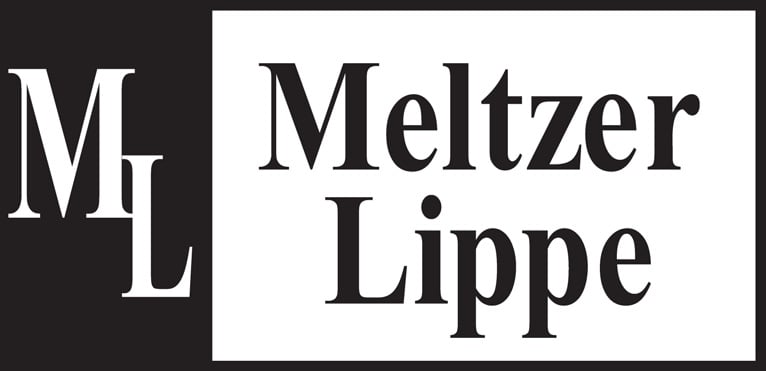While the notion that ideas are “‘free as air'” is a deeply rooted American concept, courts have, albeit reluctantly, granted property right status to ideas in many cases. Most often claims of misappropriation of ideas are brought by those in the toy industry. They are also lodged, however, in many other industries including, advertising, cosmetics, fast food, hotels, entertainment media and most recently, in a case in the magazine publishing industry which we recently defended.
The concept that ideas can be protected by courts stretches the outer most limits of traditional principles affording protection to intellectual property rights. Ideas are unlike trade secrets which are defined as “any formula, pattern, device or compilation of information” which is “not simply information as to a single or a ephemeral event,” but is a “practice or device for continuous use in the operation of the business.” Ideas are also unlike patents in which, in exchange for public disclosure of a trade secret, an owner obtains, essentially, a governmentally sanctioned monopoly on a device or formula for a period of years. Granting ideas the status of an intellectual property right is something that courts do quite hesitantly.
But yet that is exactly what they do. Thus, even listening to a new idea bespeaks great caution to any business owner lest he/she be accused of misappropriation.
An idea which is misappropriated can give rise to a cause of action where a party shows: (1) that it disclosed the information in confidence; (2) that the information was later used in a matter that breaches that confidence; and (3) that the information consists of ideas that were novel and original. While proof of these claims seems easy enough, the claims most often fail because the idea lacks novelty or originality or the defendant developed the same idea independently. Whether an idea is original or novel depends upon whether it is specific or general, common, unique or commercially available. Variations on basic themes are not novel.
We recently successfully defended a magazine publisher and its advertising representative which received and rejected unsolicited ideas and were sued for their misappropriation. After disclosing his ideas for an equine trade magazine to our clients as an enticement for the advertising representative to undertake his representation and the latter declined the representation, plaintiff then published his magazine on his own. Thereafter, our clients published their own equine trade magazine. Plaintiff then sued our clients for misappropriation of plaintiff’s ideas and trade secrets. The case never got to trial because we successfully obtained a ruling summarily granting judgment against plaintiff for several reasons which are illustrative of the types of defenses to misappropriation claims.
In the first instance, an idea which is disclosed to you but then used before you use that idea, is not novel or original since it already fell into the public domain. In the case of our advertising representative and publisher, because plaintiff published his own magazine first displaying the ideas he suggested, he could not successfully assert a claim of misappropriation.
Certain ideas which are suggested to you may already be known to you. In the case of our clients, they were no stranger to the unsolicited idea of customer surveys, having used them in the past, and hence, the novelty criteria was not met. If an idea is generally known in your industry, but you are unaware of it, a court may, however, find you liable under a recent ruling by the U.S. Second Circuit Court of Appeals.
Where your product does not include the same features as plaintiff’s product or the ideas imparted are not used, no misappropriation can be claimed. And even if you do use the same ideas, if you develop them independently, you will be exempt from a charge of misappropriation. A defense of independent development, however, requires impeccable, contemporaneous records and a good record retention policy.
Our economy relies heavily on intellectual property rights, whether they be patent rights, trade secrets, copyrights or ideas. The law of misappropriation of ideas poses a great threat to our new high technology industries which build their businesses upon innovation and new ideas. While those charged with misappropriation of ideas have generally received favorable treatment from our New York courts which have often disposed of these claims without trials — and my firm’s recent success is just one of them — the Second Circuit’s recent case on the subject counsels caution. You may want to consider refusing receipt of unsolicited ideas or drafting explicit agreements for their receipt, use or conditions of payment. Most importantly, always keep careful records of encounters with inventors or idea suggestors and make sure you meticulously document development of your own ideas, inventions and products.
This blog posting is for informational and educational purposes only. It is general in nature and not person or circumstance specific. This blog posting is not intended nor should it be construed as rendering independent investment, legal or tax advice. It may but does not necessarily constitute attorney advertising.
